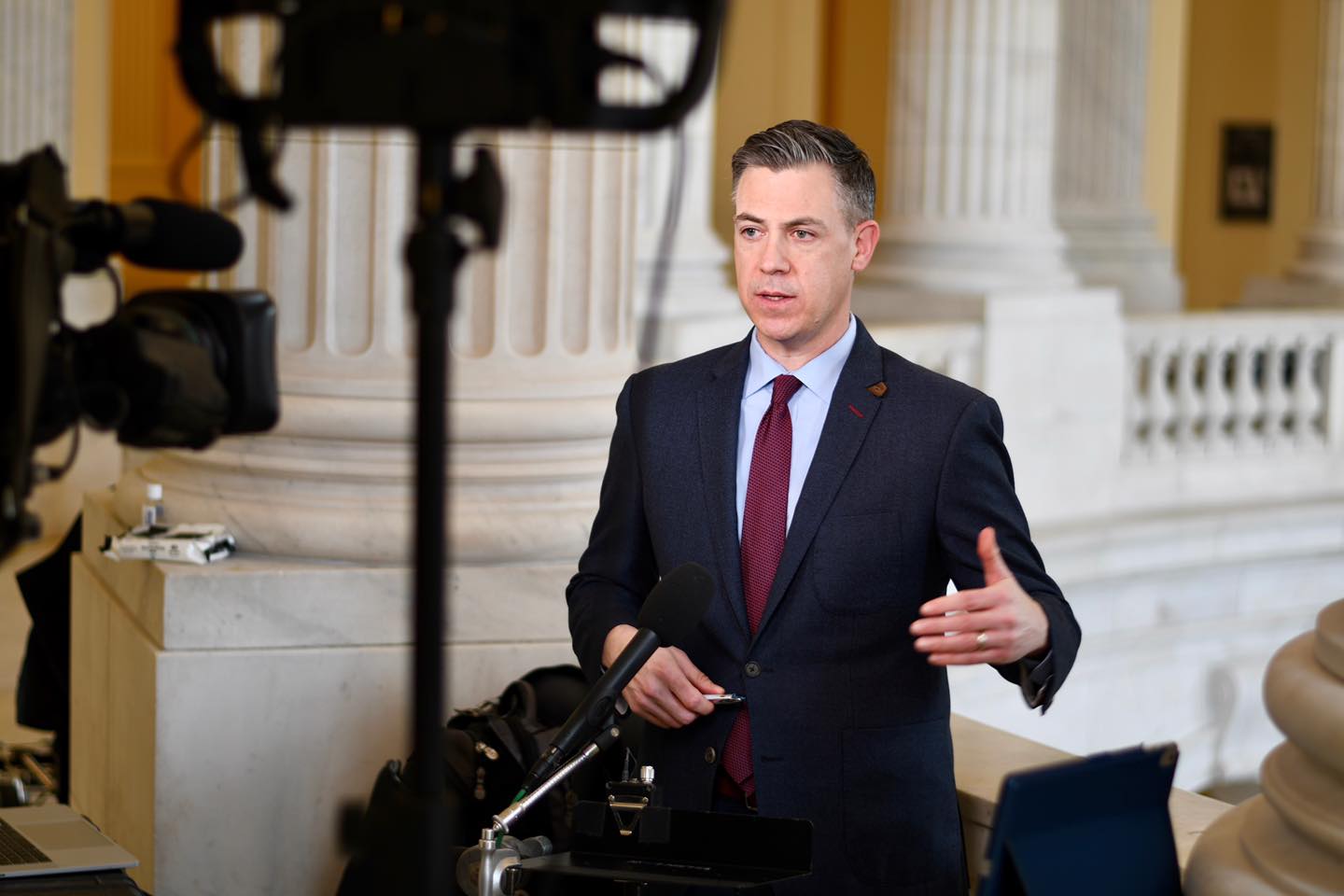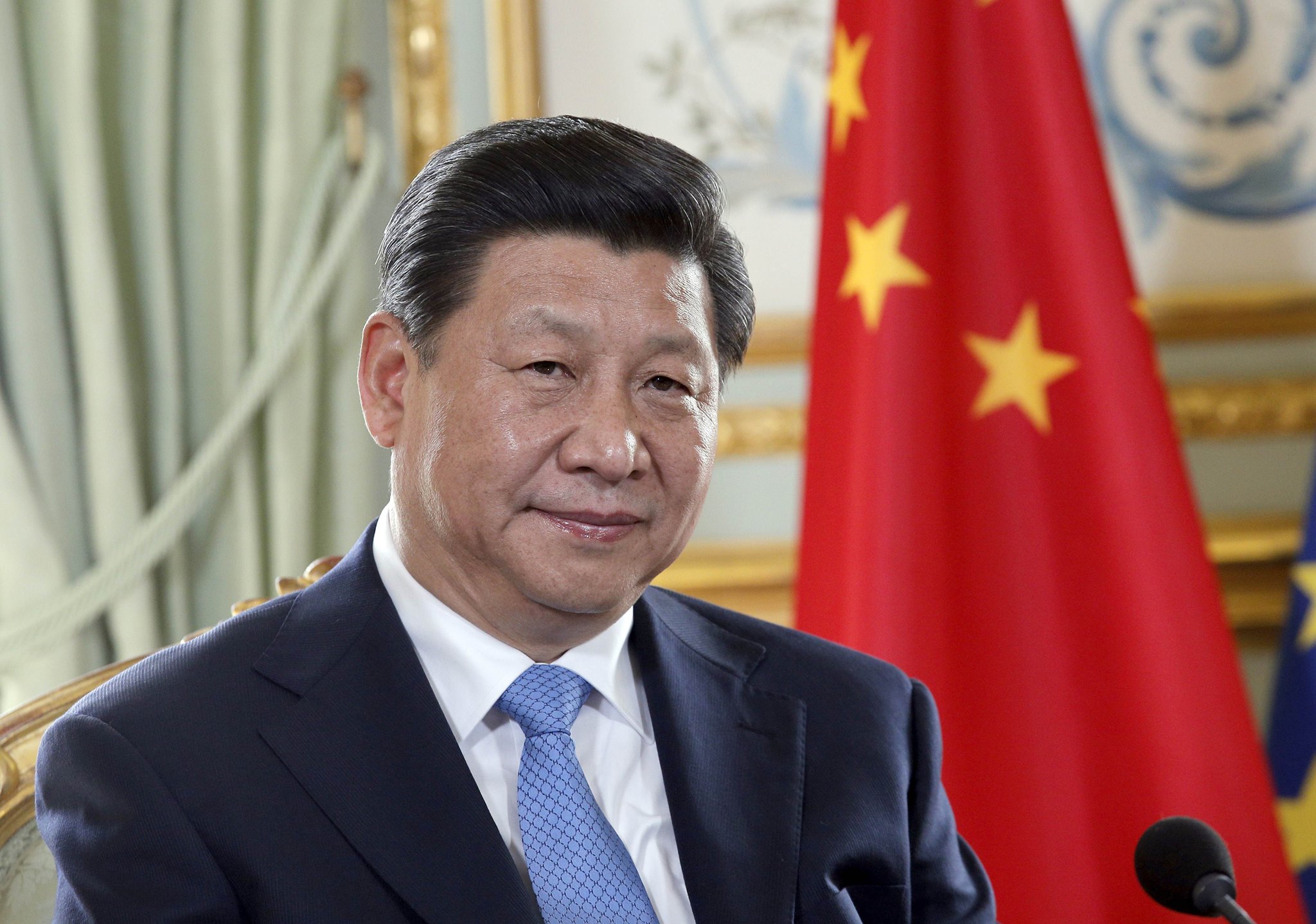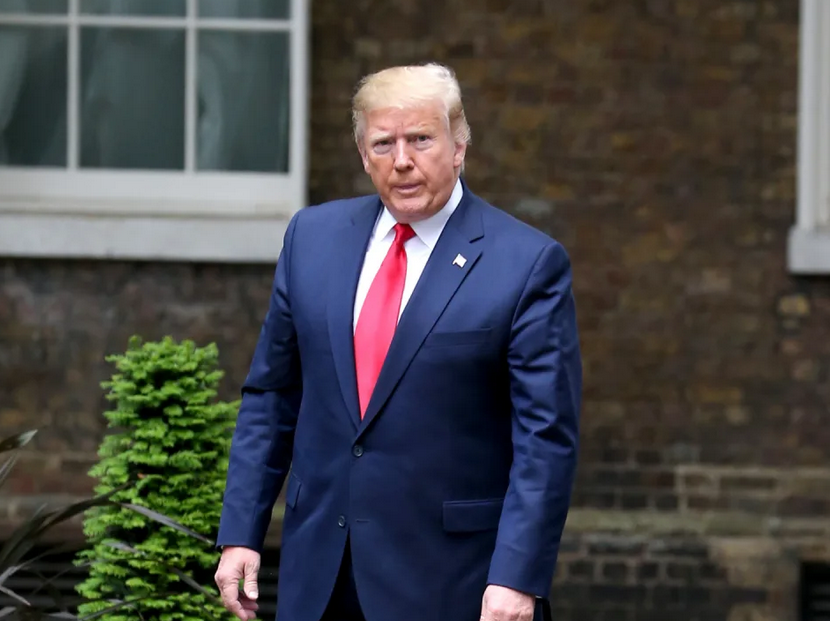
Conservative Congressman and Senate hopeful Jim Banks is taking the fight against the Chinese Communist Party to a new level with his proposed bill, the “Stop CCP Fentanyl Act.” The Indiana representative’s legislation would allow families of fentanyl victims to sue CCP leaders, including Chinese President Xi Jinping.

Banks argues that China is the largest manufacturer of the precursor chemicals used to produce fentanyl and other synthetic opioids, which are then shipped to Mexico and synthesized into deadly drugs by cartels. He believes that CCP officials must be held accountable for the harm caused by their country’s role in the fentanyl epidemic.
“American families have suffered enough because of China’s reckless behavior. It’s time we hold the CCP accountable for the harm they have caused,” Banks said in a statement.
Under the proposed legislation, the U.S. government would be authorized to impose sanctions on high-level CCP officials, including freezing their assets and barring them from entering the United States. The bill would also allow victims of fentanyl-related deaths to sue CCP officials for damages in U.S. courts.
Banks is not alone in his concern about China’s role in the fentanyl epidemic. The Trump administration took steps to crack down on fentanyl imports from China, including imposing sanctions on Chinese companies involved in the production and distribution of the drug.

However, Banks’ proposed legislation takes a more aggressive approach by directly targeting CCP officials. The bill has already gained support from several Republican lawmakers, including Senators Tom Cotton and Marsha Blackburn.
As the opioid epidemic continues to devastate communities across the United States, Banks hopes his bill will provide some measure of justice for the families of fentanyl victims and send a message to China that their actions will not be tolerated.
“We cannot let China continue to profit off the misery of American families. It’s time to take a stand,” Banks said. “The Stop CCP Fentanyl Act is a critical step in holding the Chinese Communist Party accountable for their role in this crisis.”
